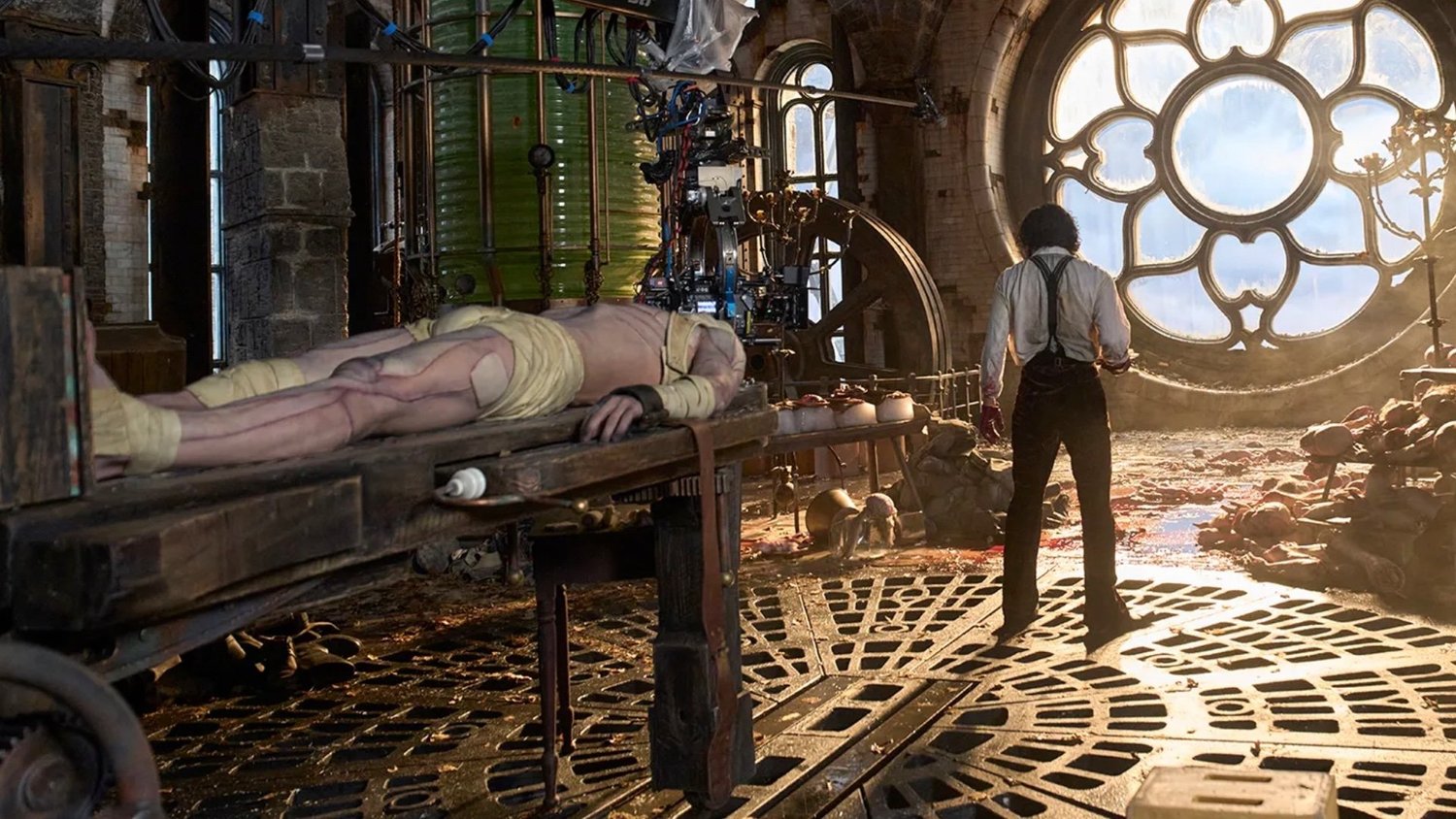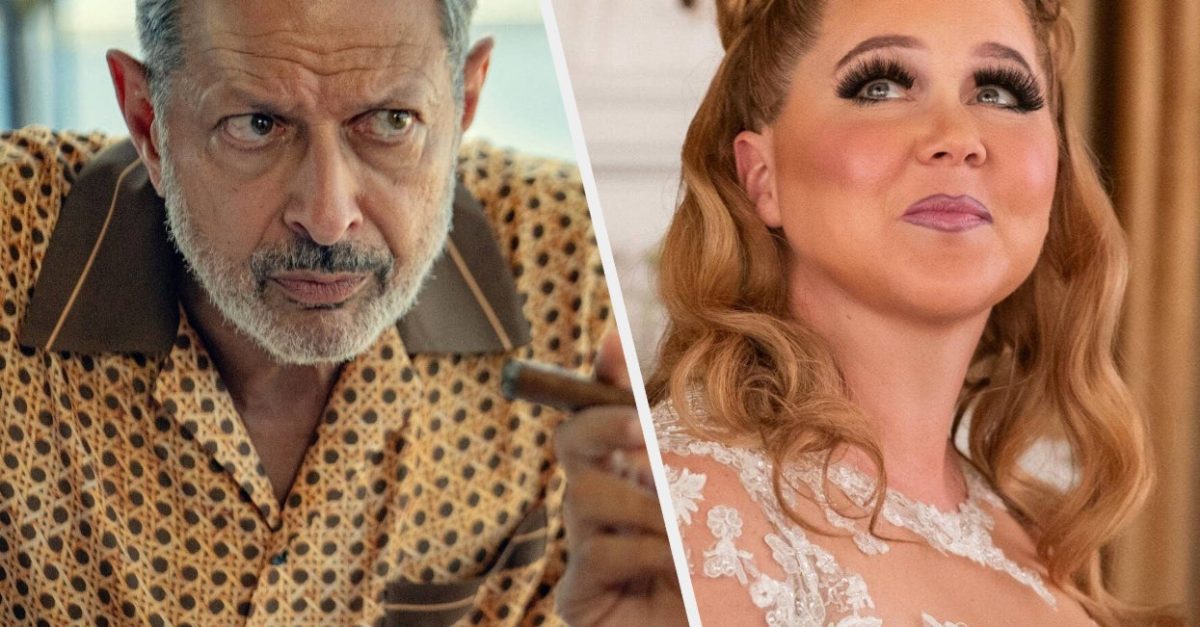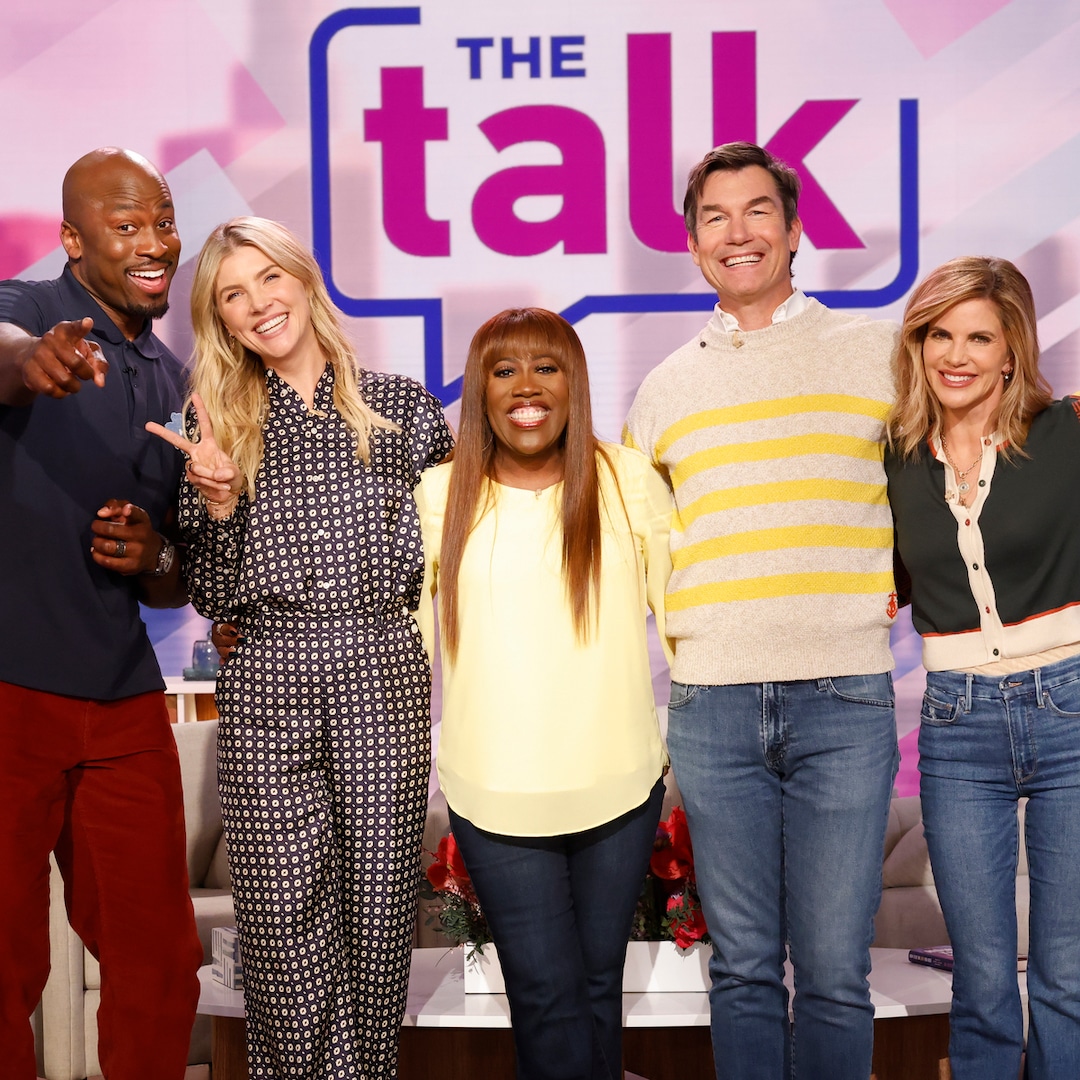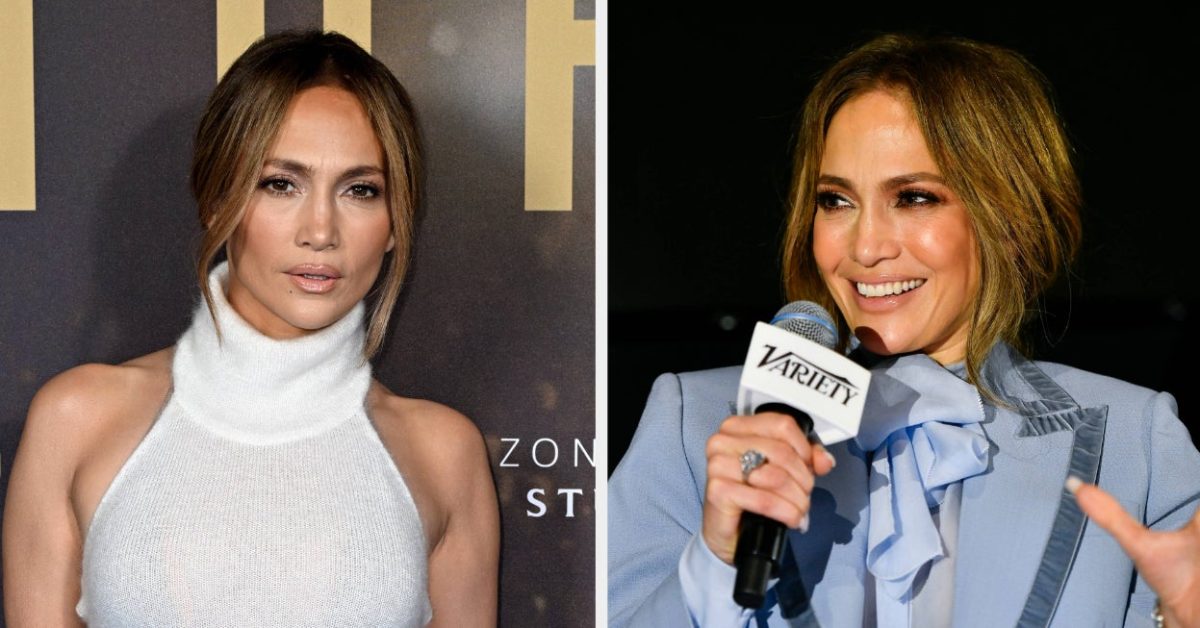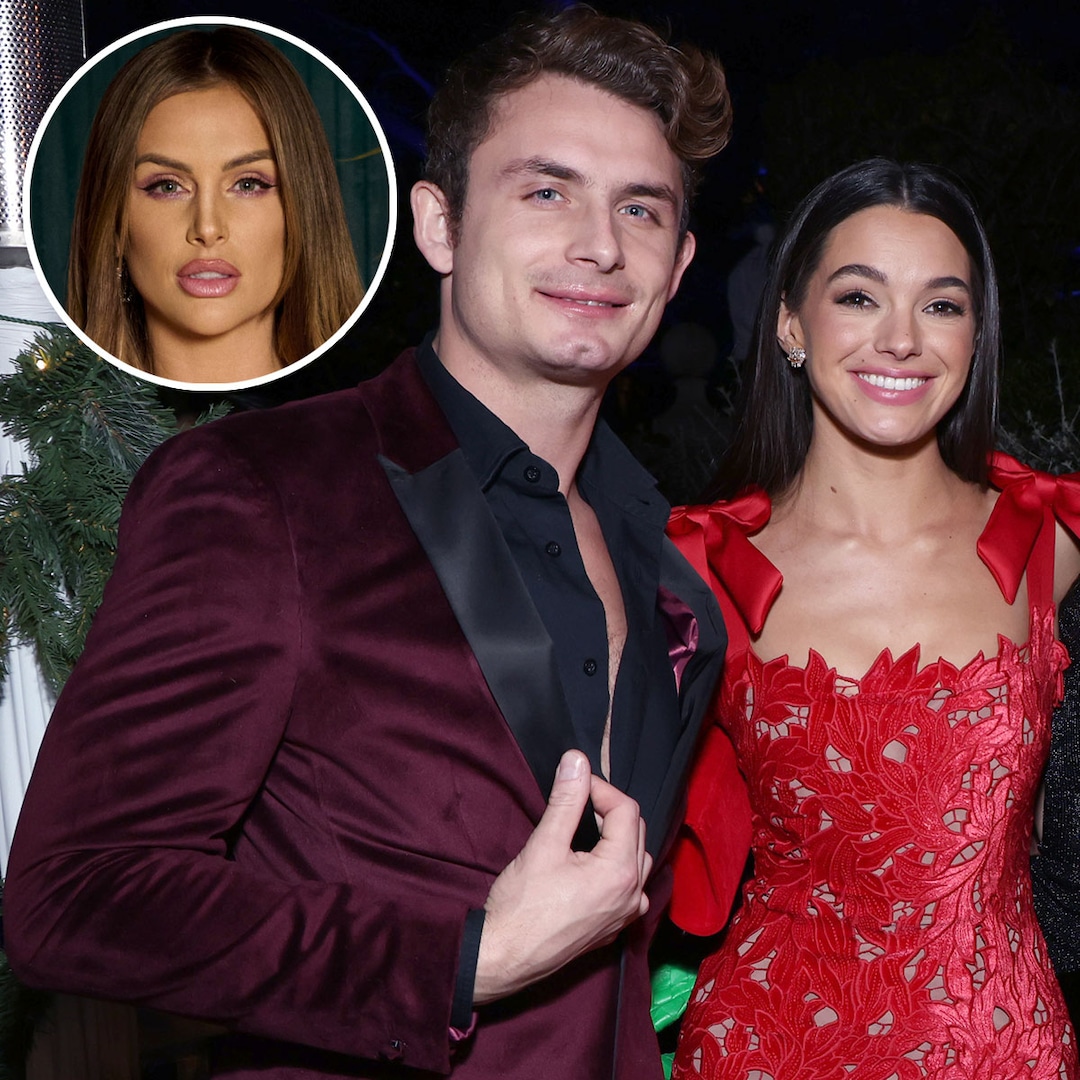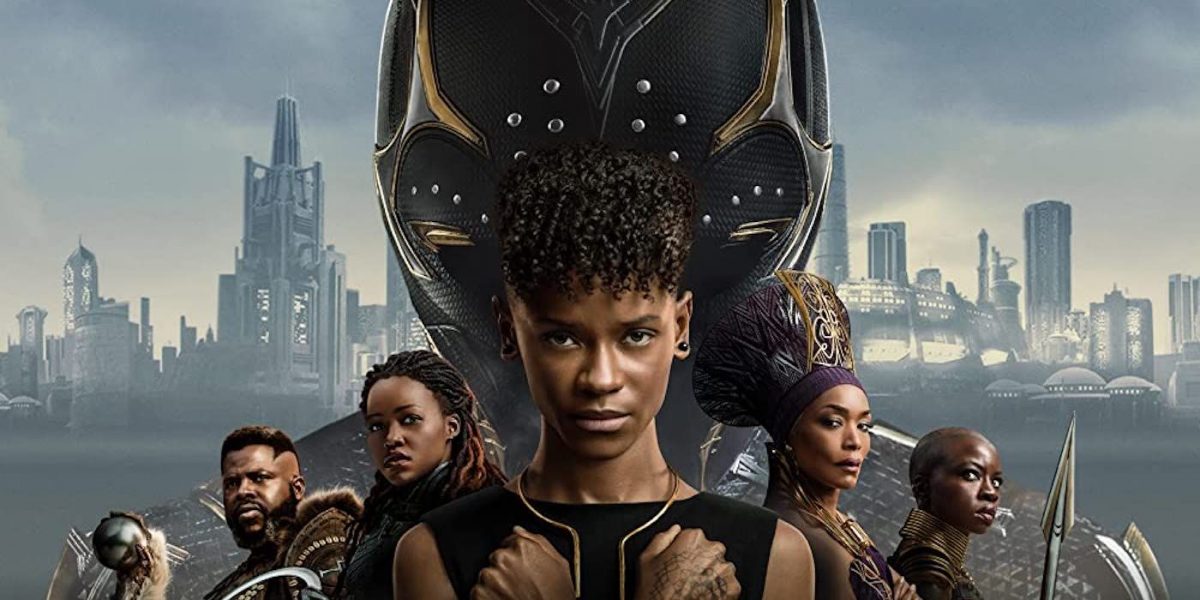
MCU Phase 4’s Somber Triumph
Dec 21, 2022
Even though he was only in four Marvel films, Chadwick Boseman’s King T’Challa felt integral to the MCU following his introduction in 2016’s Captain America: Civil War. When Erik Killmonger (Michael B. Jordan) threw him off a waterfall during a ritualistic fight in Black Panther and when Thanos snapped him out of existence in Avengers: Infinity War, we knew that even those films were positing the idea that the king of Wakanda might be gone, it was impossible to imagine that this universe would continue without its Black Panther.
T’Challa wasn’t just a superhero—the MCU already had enough of those—he was an icon and a symbol of greatness unlike any other we had seen before. The same was true of Chadwick Boseman, who in such a short period of time left behind an incredible body of work that will be remembered for decades to come. Boseman was an impressive talent and like Black Panther, it felt impossible to imagine he would be gone so soon.
At the beginning of Black Panther: Wakanda Forever, we find the title country in grief, shocked by the passing of their king, and in these moments, it’s hard not to think back to when Boseman died, a shock that seemed like it couldn’t be true. But in those opening moments of Wakanda Forever, as T’Challa’s family and community say goodbye to their king, his funeral service quickly becomes a celebration, as the streets are lined with dancing and music, a reminder that even though the king has left suddenly, his memory will live on, a legacy worth commemorating. With Wakanda Forever, director and co-writer Ryan Coogler has similarly created a fitting remembrance of both Boseman and T’Challa, an impressive combination of mourning, and a reckoning with legacy and loss, all within a superhero film that is one of the best Phase 4 MCU films.
RELATED: ‘Black Panther: Wakanda Forever’ Director Ryan Coogler Reveals What’s Next For Him
With T’Challa gone, Wakanda Forever primarily focuses on those he left behind, specifically his sister Shuri (Letitia Wright) and his mother Ramonda (Angela Bassett). A year after T’Challa’s passing, Ramonda has taken the mantle as Wakanda’s leader, since the country has decided against crowning a new Black Panther, while Shuri has dedicated herself to crafting new technologies to protect the people of her country. Meanwhile, the rest of the world is concerned about Wakanda’s monopoly on Vibranium, and the power that this gives the still secretive country.
But what Wakanda doesn’t know is that they aren’t the only ones with Vibranium. As the world searches for and finds more sources of Vibranium, this threatens the underwater civilization of Talokan, which also uses massive amounts of Vibranium and is led by their king Namor (Tenoch Huerta). Namor comes to Shuri and Ramonda, demanding they deliver him the scientist who has created Vibranium-seeking technology in the outside world, in order to protect his people, or else, he will bring war upon the land of Wakanda.
Like Shuri, Wakanda Forever can often feel like a film torn between two opposites. On one hand, she continues to mourn the loss of her brother, yet on the other hand, with the threat of Namor looming over the country, she also wants to defend her community, ensuring that she doesn’t lose anyone else close to her. Wakanda Forever similarly has to balance being both a testament to Boseman and T’Challa, but within the format of a more standard superhero film. For the most part, Coogler does a solid job at maintaining this, even if the film can feel a bit clunky and stretched at times.
Image via Marvel Studios
Yet the heart of Wakanda Forever and Coogler and co-writer Joe Robert Cole screenplay is based in those feelings of loss and fear of how quickly we can lose the ones we love. Coogler and Cole base every choice on that feeling here, as Namor is also fearful that the world’s interest in Vibranium could cause him to lose the kingdom that he’s watched over for centuries, while Shuri and Ramonda want to ensure their country remains strong even while full of sorrow over their still-fresh loss. But Wakanda Forever is also at its best when it allows Coogler to fully embrace the heartache that himself and the rest of this cast clearly feel about moving forward without Boseman. His absence understandably looms over this entire film, and Coogler and Cole’s script does a beautiful job of honoring Boseman, remembering his importance, and yet still trying to move forward from that pain. Wakanda Forever contains some of the most emotional moments in the MCU thus far, and that’s largely because Coogler allows the film to slow down, contemplate this absence and live in the loss for large stretches of time. This kind of quiet and consideration feels so drastic and unique for the MCU at large.
Coogler and Cole use this pain to take this cast to fascinating places. Bassett gives one of the best performances in the Marvel universe so far, as her Queen Ramonda now rules Wakanda with the worry that she could lose even more, and with the threats from Namor, we’re watching a grieving mother have to deal with the terror that she could once again lose a child so soon, and how that alters the choices she makes. Wakanda Forever also continues the Black Panther tradition of having some of the best supporting characters in the MCU. After the events of Avengers: Endgame, Black Panther, and the passing of T’Challa, characters like Okoye (Danai Gurira), Nakia (Lupita Nyong’o), and M’Baku (Winston Duke) are led to new responsibilities, new directions, and a reconfiguration of their personal identities and priorities.
But by and large, Wakanda Forever is Wright’s film, as the weight of her responsibilities grows, while she still attempts to ignore her heartbreak. Wright takes the reins of this series superbly, yet there’s hesitance and anger in her that gives her a compelling new side that we haven’t seen before for this character. Shuri has to personify the pain, frustration, rage, and fear that this film inherently has about having to say goodbye, and Wright does so beautifully. Shuri might be a reluctant hero for her country, yet by the end of Wakanda Forever, she might be one of the most interesting characters in the MCU.
Also excellent is Huerta as Namor, who is similarly just trying to do what is best for his country. Like Killmonger in the first Black Panther, Coogler makes us sympathize with his viewpoint, even if the extremism within that argument makes his choices innately questionable. Huerta is a commanding presence, a leader who brings joy to his people, and is threatened by anyone who gets in the way of that joy. Again, some of Namor’s best moments come when Wakanda Forever slows down and focuses on Namor’s worries and intentions, as we get several strong scenes where Namor and Shuri attempt to find common ground between their two homes. So much of Coogler’s filmography centers around how where one comes from influences who they become, and we can see how equally important home is to these two characters as they attempt to find peace before threatening to destroy each other.
But among all the sorrow and grief that permeates Wakanda Forever at its very core, Coogler somehow manages to still make this a fun and exciting sequel. Even though Wakanda Forever is at its best in the quiet moments, Coogler makes the action engrossing and unique in the larger MCU. One particularly thrilling chase follows Okoye, Shuri, and newcomer Riri Williams (Dominique Thorne) through multiple forms of transportation, concluding with a blunt and particularly rough fight between Okoye and one of Namor’s soldiers. In this one-on-one fight, it’s easy to be reminded of Coogler’s work in Creed, as he pits two warriors against each other who will do anything to win. Wakanda Forever still has some of the same third-act problems, as the film has to end with a giant climactic battle, yet the supporting cast keeps this lively, and Namor makes for a better, more nuanced villain than most standard Marvel enemies.
Like the first Black Panther, Coogler has taken great care to flesh out both this world and Namor’s world of Talokan. With both, we get a greater sense of community and this land, the impact that these leaders have on the people, and the sheer scope of how big these areas are. Ruth Carter, who won an Oscar for the first Black Panther, makes even more vibrant outfits that bring this world to life, while Ludwig Göransson creates what might be his greatest score yet. Göransson’s score for the first film also earned him an Oscar, and while that score mixed momentous, thumping builds with traditional African sounds and instruments, Göransson goes even further here, also throwing in electronic sounds that almost sound like they’re breaking apart, a perfect score to play alongside Shuri’s rising as Wakanda’s newest hero.
Like most of the cast, Wakanda Forever feels like a film that is uncertain of how to move forward without T’Challa and Boseman, but Coogler handles this doubt with grace and love, a beautiful testament to what has been lost, and a reminder that death isn’t the end of a person’s legacy. Wakanda Forever is at its most fascinating when it allows this world to sit in its own grief and explore what that means going forward, and for the MCU, it’s surprising how often Wakanda Forever is able to approach loss in this way. Wakanda Forever isn’t perfect, but its ability to handle this tightrope walk between exploration of loss and a larger superhero film makes this one of the most moving MCU entries so far, and one of the best films to come out of Marvel’s Phase Four.
Rating: B+
Black Panther: Wakanda Forever comes to theaters on November 11.
Publisher: Source link
TV Shows That Got Canceled In 2024
TV Shows That Got Canceled In 2024 Which 2024 canceled TV show will you miss the most? Share your pick in the comments! Disclaimer: This story is auto-aggregated by a computer program and has not been created or edited by…
Dec 22, 2024
How The Talk Emotionally Ended After 15 Years
The Talk has officially said "Goodbye." After 15 seasons and 2,993 episodes, the CBS daytime show came to an end on Dec. 20 with a heartfelt farewell from hosts Akbar Gbajabiamila, Amanda Kloots, Natalie Morales, Jerry O'Connell and Sheryl Underwood. The episode began with a standing ovation for the…
Dec 22, 2024
Jennifer Lopez Asked About Turning 60, Age
Jennifer Lopez Asked About Turning 60, Age Never ask a woman her age, a man his salary, or Jennifer Lopez how she feels about turning 60. On Sunday, the actor was interviewed by Variety amid the release of her new…
Dec 21, 2024
Lala Kent Shares Text With Ally Lewber After James Kennedy’s Arrest
The BCU (Bravo Cinematic Universe) was shaken on March 3, 2023, when it was confirmed that Tom and Ariana had ended their nine-year relationship amid the revelation that he'd had a seven-month affair with Raquel. "I made mistakes, I was…
Dec 21, 2024


